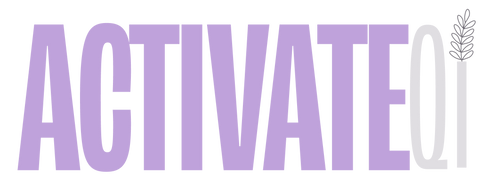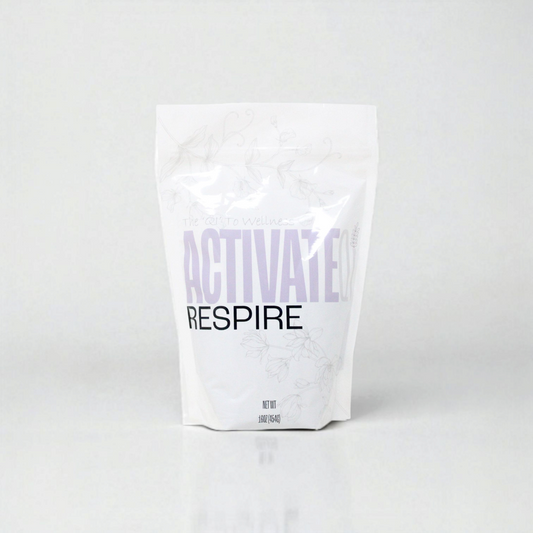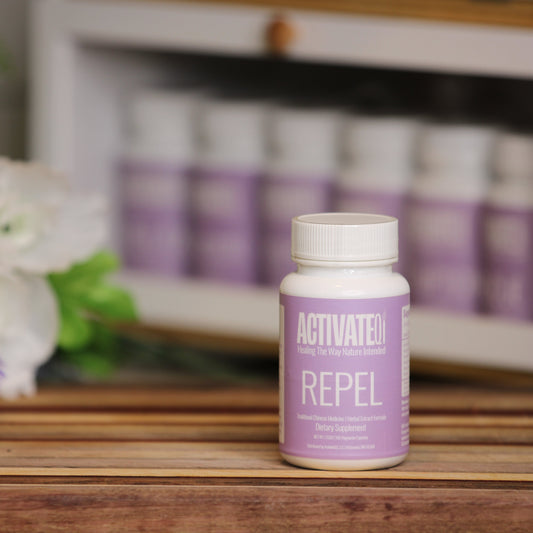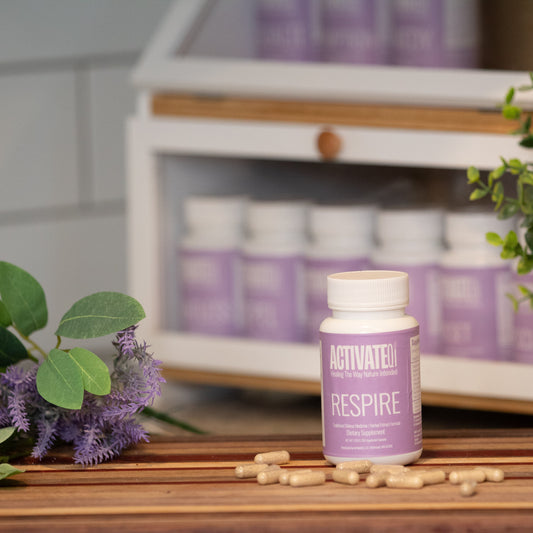An honest breakdown from ActivateQi
In the equine and companion animal health world, there’s growing interest in botanical and holistic remedies. Yet many consumers and professionals wonder: Why aren’t herbal animal supplements FDA-approved? The answer lies not in a lack of safety or efficacy—but in how the FDA classifies and restricts these products by design.
Under current U.S. law, herbal supplements for animals are regulated as feed additives or unapproved drugs—not as therapeutic agents. That means even if an herbal formula has decades of clinical use, research backing, or practitioner endorsement, it cannot legally be “FDA-approved” unless it is fully processed as a pharmaceutical drug. But here’s the catch: most herbal formulas are ineligible for that path by definition.
They cannot go through the FDA drug approval process without reclassification. To gain FDA drug approval, a company would need to file an Investigational New Drug (IND) application and then a New Drug Application (NDA). But the NDA process is designed for single, isolated chemical entities—not whole herbs or complex formulas. Many herbal products don’t meet the molecular specificity the FDA requires for drug approval.
FDA “approval” for a supplement is structurally impossible under current law. Even if a company invested in full-scale clinical trials proving an herbal remedy’s effectiveness, the FDA would still not “approve” it as a drug unless it is synthetically altered and patented. This renders most traditional botanical medicines ineligible for approval, regardless of efficacy.
In essence, the regulatory framework is not designed to validate natural medicine—not because of evidence gaps, but because the system prioritizes pharmaceutical-style drug development. If a product is complex, derived from nature, and not patentable, it is excluded from the pathways that grant the highest public trust.
This structural exclusion leads to widespread public confusion. Many assume that if a product isn’t FDA-approved, it must be unsafe or untested. In reality, “not FDA-approved” often means “not legally permitted to be approved”—a barrier based on classification and economics, not necessarily on clinical evidence or safety.
A few points to understand when feeding herbal supplements:
1. Herbal Products Are Classified as Feed Additives or Supplements—Not Drugs
For animals, the FDA regulates products under the Federal Food, Drug, and Cosmetic Act (FD&C Act). Herbal supplements are generally considered either:
- Nutritional feed ingredients, which must meet AAFCO (Association of American Feed Control Officials) standards and cannot claim to treat or prevent disease, or
- Unapproved animal drugs, if they make any therapeutic claims.
According to the FDA’s Center for Veterinary Medicine (CVM), any product intended to “diagnose, cure, mitigate, treat, or prevent disease” in animals is automatically considered a drug—even if it's a natural herb or food-grade material [1]. To legally market a product for therapeutic use, it must go through the New Animal Drug Application (NADA) process, a path designed for pharmaceutical-style products—not traditional herbal blends.
In short: No herbal supplement can legally be “FDA-approved” for treating equine or animal conditions unless it’s turned into a patented, synthetic, pharmaceutical-grade drug.
2. The Drug Approval Process Isn’t Built for Botanicals
The FDA’s animal drug approval process requires isolating specific active compounds, proving them through laboratory and clinical studies, and manufacturing them under highly controlled, synthetic conditions. This model doesn’t fit herbal remedies, which:
- Are typically complex mixtures with dozens (or hundreds) of active constituents
- Rely on whole-plant synergy, not single-compound targeting
- Are not patentable, reducing incentive for companies to fund expensive approval studies
As a result, even if a botanical remedy is safe and effective, it is not eligible for approval under the current system unless completely reformulated into something that no longer resembles its natural form.
"The current regulatory framework is not equipped to evaluate multi-component botanical mixtures in a manner consistent with traditional use and real-world applications" [2].
3. Labeling Restrictions Limit What Herbal Brands Can Say
Because of this classification, animal supplement companies are strictly prohibited from making any claims that suggest disease treatment, prevention, or diagnosis. This applies to both labels and marketing. Even using terms like “anti-inflammatory,” “immune support,” or “calming” can trigger FDA scrutiny if interpreted as therapeutic claims [3].
Instead, companies must rely on structure/function claims like “supports a healthy inflammatory response” or “promotes normal respiratory function.” This limitation leads many consumers to wrongly assume that products without FDA-approved claims are untested or ineffective—when in fact, the issue is regulatory, not scientific.
4. Proprietary Herbal Formulas Reflect Practical Wisdom, Not Evasion
In this environment, many veterinary herbal companies use proprietary blends—not to obscure information, but to:
- Protect intellectual property and time-tested formulations
- Avoid the need to disclose complex, synergistic ratios
- Comply with AAFCO or CVM guidance while maintaining efficacy
Unlike synthetic drugs, the therapeutic value of herbal products often depends on the relationship between herbs, dosage form, and practitioner experience—not simply the mg of a single compound.
Additionally, requiring a guaranteed analysis that isolates and quantifies specific chemical compounds goes directly against the foundational principles of herbal medicine. Holistic herbalism emphasizes whole-plant synergy and energetic profiles over isolated constituents. Attempting to standardize herbs into single-compound metrics may indicate a misunderstanding of how botanical medicine works in practice.
5. “Not FDA-Approved” Doesn’t Mean Unsafe
One of the biggest misconceptions in the equine supplement world is that FDA approval equals safety, and lack of it implies risk. In truth:
- Many synthetic drugs have been FDA-approved and later recalled for causing harm in animals (or humans)
- Voluntary recalls and underreporting of side effects are widespread in the animal industry [4]
- Meanwhile, herbal products with decades of traditional use remain legally sidelined—not due to proven risk, but because of outdated classification systems
"The FDA’s current system makes it virtually impossible for traditional herbal medicines to gain formal recognition without converting them into pharmaceutical agents" [5].
Conclusion: Time for a Smarter Framework
Herbal supplements for animals are caught in a regulatory gray zone—not because they are ineffective, but because the system wasn’t built to accommodate them. Until there’s a category for traditional veterinary botanicals, companies must navigate the existing structure carefully.
A lack of FDA approval does not mean a lack of value. It often means the remedy respects nature’s complexity—something not easily captured by a synthetic model.
References:
- FDA Center for Veterinary Medicine. “Animal Drugs @ FDA.” https://www.fda.gov/animal-veterinary/products/approved-animal-drug-products-green-book
- Gafner, Stefan. “Botanical Supplements and FDA Regulations.” American Botanical Council, 2020.
- FDA. “Veterinary Product Regulation.” https://www.fda.gov/animal-veterinary/resources-you/fda-regulation-animal-drugs
- Government Accountability Office (GAO). “Animal Drug Safety: FDA Has Improved Its Monitoring of Drugs for Animals, but Further Actions Are Needed.” https://www.fda.gov/animal-veterinary/development-approval-process#:~:text=On%20September%2015%2C%202023%2C%20the,to%20get%20a%20drug%20approved.
- Marcus, Donald M., and Arthur P. Grollman. “The consequences of ineffective regulation of dietary supplements.” Archives of Internal Medicine, 2006.




